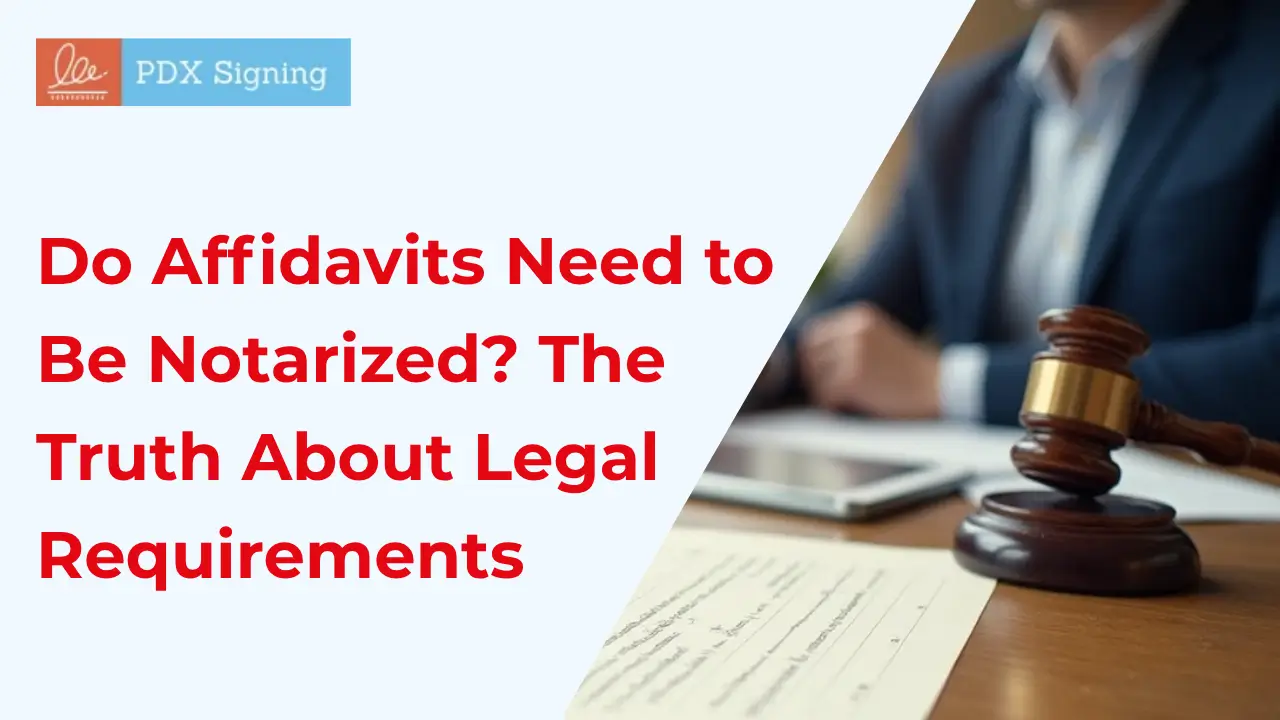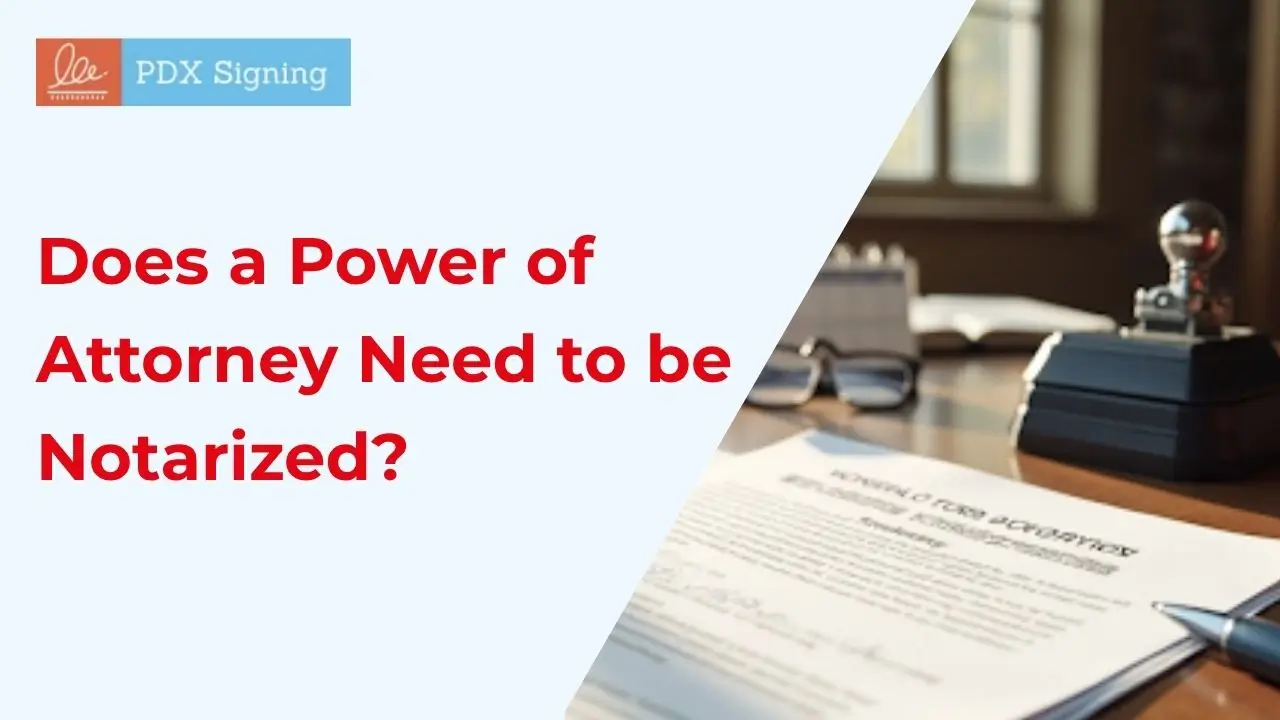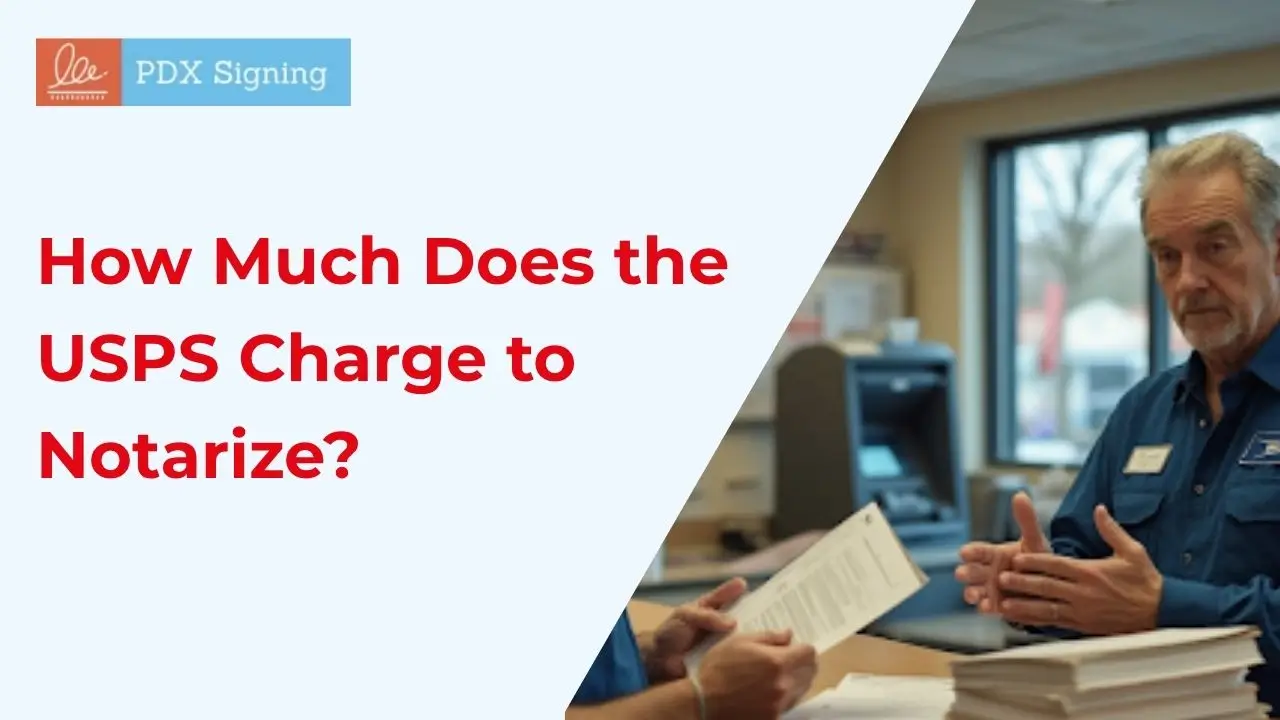A loan signing notary can earn up to $200 for a single appointment. Pretty impressive, right?
These significant professionals make real estate and mortgage transactions possible by ensuring every document’s validity and legality. Their earnings range from $75 to $200 per appointment, which explains why this career attracts so many people. The path to becoming a notary loan signing agent requires more than just interest in the attractive pay – you’ll need to pass strict background checks that match FBI clearance standards.
Loan signing notary protect everyone’s interests by preventing paperwork errors and mortgage fraud that makes closing processes run smoothly. They handle vital tasks like administering oaths, witnessing signatures, and verifying mortgage documents. Their role remains indispensable to the home buying process.
In this piece, we’ll show you the simple requirements, document handling techniques, and ways to maximize your earning potential as a successful notary loan signing agent.
What Is a Notary Loan Signing Agent?
Notary loan signing agents play a crucial role as the final checkpoint in mortgage closings. These specialized notaries go beyond standard notarization duties and focus on executing real estate loan documents.
Regular notaries just verify identities and witness signatures. Loan signing agents do much more – they walk borrowers through complex mortgage paperwork. They show where to sign without giving legal advice and make sure documents follow compliance standards for lenders.
Loan signing agents need two key qualifications:
- State-commissioned notary public credentials
- Specialized training in mortgage documentation
The difference between regular notaries and loan signing specialists becomes clear when you look at this comparison:
| Aspect | Standard Notary Public | Notary Loan Signing Agent |
| Primary Function | Witnesses signatures, administers oaths | Makes mortgage document signing easier |
| Required Knowledge | Basic notary laws | Mortgage terminology and loan documents |
| Training | Basic state notary course | Advanced loan signing certification |
| Typical Fee | $2-15 per signature | $75-200 per signing appointment |
| Documents Handled | Various general documents | Mortgage closing packages (100+ pages) |
Most loan signing agents choose to work as independent contractors. This gives them freedom to create their own schedules. They work with title companies, lenders, and escrow officers to set up signing appointments at convenient locations – often at the borrower’s home or office.
Success in this field demands sharp attention to detail. A single missing signature or initial can hold up a mortgage closing. These professionals must also keep borrowers’ personal and financial information completely confidential.
The mortgage world continues to go digital. Many loan signing agents now handle hybrid closings that mix physical and electronic signatures. This development shows how the role adapts to new technology in the real estate industry.
The Complete Mortgage Notary Process
The mortgage notarization trip follows a well-laid-out path that changes complex paperwork into a finalized home loan. A loan signing notary needs to understand this systematic process that will give a smooth experience while keeping clients happy.
The notary loan signing process happens in five distinct phases:
Phase 1: Pre-Signing Preparation You should verify appointment details right after receiving a signing request. Details include location, time, and special instructions. The title company will send you the loan package 24-48 hours before the scheduled signing. Take time to review all documents to spot signature lines, notarization needs, and potential problems before meeting borrowers.
Phase 2: Meeting Setup Set up a professional environment with good lighting and enough workspace. Put documents in order based on signing instructions. This preparation shows professionalism and makes the signing process run smoothly.
Phase 3: Identity Verification Proper identification verification stands as the most crucial legal aspect of any notary loan signing. Get into the government-issued photo ID details and compare the name with loan documents. Make sure the ID is still valid. These steps are the foundations of the entire transaction.
| Document Type | Acceptance Level | Special Considerations |
| Driver’s License | Primary | Must be current, not expired |
| Passport | Primary | International versions acceptable |
| Military ID | Primary | Verify with secondary ID if possible |
| State ID Card | Primary | Check for security features |
| Foreign ID | Secondary | Usually requires additional verification |
Phase 4: Document Execution Take borrowers through each document step by step. Show them where to sign without giving legal advice. Use a checklist to track all signatures and ensure nothing is missed. Put notary stamps and signatures in required places. Keep clear records of all notarizations.
Phase 5: Post-Signing Procedures Put the executed documents in order according to lender instructions once everything is done. Send specific documents back to the title company and leave others with borrowers. Write all relevant information in your notary journal before you leave. This creates a clear audit trail of the transaction.
Becoming skilled at this mortgage notary process optimizes work while protecting the legal integrity needed in real estate transactions.
Essential Documents in Loan Signing
My work as a loan signing notary has taught me the importance of understanding mortgage paperwork. Borrowers need guidance through dozens of critical documents at closing. A good grasp of these essential papers helps me walk clients through the process smoothly.
Most mortgage closing packages have 60-100 pages of documentation. Each document serves a specific legal purpose. We group these documents by function to explain them better to borrowers at the signing table.
Primary Mortgage Documents Table:
| Document Type | Purpose | Notarization Required |
| Promissory Note | Legal promise to repay the loan | No |
| Deed of Trust/Mortgage | Secures the property as collateral | Yes |
| Closing Disclosure | Itemizes all costs of the transaction | No |
| Right to Cancel (refinance only) | Provides rescission period | No |
| Loan Application | Confirms borrower information | No |
| Occupancy Affidavit | Certifies intended property use | Yes |
| Tax Authorization Form | Allows lender to pay property taxes | No |
| Signature/Name Affidavit | Confirms borrower’s signature variants | Yes |
Borrowers must sign many disclosure forms beyond these core documents. The requirements change based on loan type, property location, and lender needs. Government-backed loans like FHA or VA mortgages need specialized paperwork.
My approach groups documents into logical categories—loan terms, property information, tax documents, and miscellaneous disclosures. This system helps borrowers understand their paperwork without feeling stressed.
The deed of trust (or mortgage) needs careful attention because we must record it with the county recorder’s office after signing. This document creates the lender’s lien on the property until the loan gets paid off.
New homebuyers often feel surprised by the amount of paperwork. We focus on explaining each document group rather than rushing through individual pages. This method keeps the process legally compliant while making borrowers feel comfortable throughout the signing.
Conclusion
Loan signing notaries are vital professionals in the mortgage industry. They ensure legal compliance and help borrowers navigate complex closings. Their specialized expertise is nowhere near simple notarization. These professionals need deep knowledge of mortgage documentation and processes.
A successful loan signing agent just needs exceptional attention to detail. Strong organizational abilities and a full picture of mortgage documents are equally important. With proper certification and training, professionals can earn substantial income while providing valuable services to homebuyers and refinancing homeowners.






